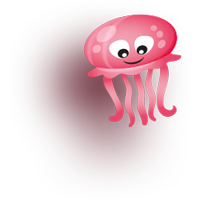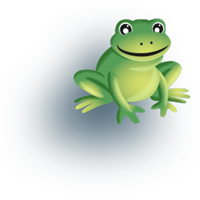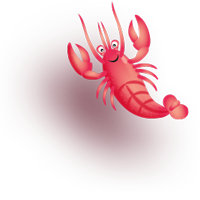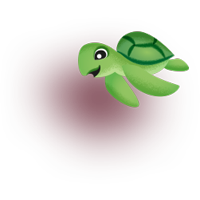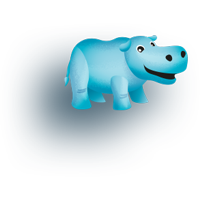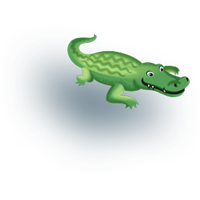When can my baby start coming to Baby Splash?
Your baby can start Baby Splash classes as soon as you are ready to bring them although most babies do start at around 6 weeks old. It is best to start bringing your baby swimming from an early age, however it is never too late to introduce you baby to the water and can join us at any age – We will make you feel welcome.
What does my baby need to wear in the water?
Babies MUST wear a disposable swim nappy which can be purchased at most supermarkets, most commonly ‘Huggies Little Swimmers’.
They also MUST wear a ‘Splash About Happy Nappy’ as double protection to any leakage’s. Babies under 12 months get colder much more quickly than older babies so it is advisable to purchase a ‘splash about baby wrap’ that acts as a wetsuit keeping your baby nice and warm throughout the swimming lesson. These can be purchased from Baby Splash – please click here
Does my baby need immunisations before starting swimming classes?
There is no need for babies to have completed their immunisations before coming swimming. Further research on this can be seen on the NHS website www.immunisation.org.uk Although consult your doctor for advise if needed.
Is it safe for my baby to go under the water?
When a baby goes underwater the two main responses are the ‘gag reflex’, which is when water gets into your babies mouth the epiglottis closes and stops water from entering the windpipe. That’s why you often see pictures of babies swimming underwater with their mouths open. This reflex can last up until your baby is 18 months of age, however from 16 months onwards we teach children how to swim underwater in a different way to babies. The second is the ‘diving response’, this is amongst many more natural responses that babies have in the water.
What if my baby has a cold or is unwell?
If your baby is unwell or has a cold, it is not advisable to bring them swimming as this might make symptoms worse. Please consider the other babies in your group as your baby will spread infection and is unlikely to enjoy swimming at that time. If your baby has an ear infection, please do not bring them swimming until it has cleared up. It is not likely to have been caused by swimming, however it will be uncomfortable and your baby’s ear should be kept dry until it is clear. Babies should not be in the water for longer than 30 minutes and if your baby starts shivering when in the pool, take them out and wrap them up warm.
What do I need to bring with me to the lesson?
You will need a towel, for yourself and your baby, swimwear for yourself and your baby’s disposable nappy and swimwear. Babies get hungry after a session in the water so make sure you have a bottle of milk afterwards, if you are bottle feeding, as well as some snacks if your child is eating solids.
How much time should I leave between feeding my baby and swimming?
It is advisable that you feed your baby at least 1 hour before swimming although With babies we know it is often difficult to organise activities for exactly the right time of day especially as routines can change week to week. It is fine to give your baby a small feed before or even during a class. However, babies on solid food should have an hour between eating and swimming. Many babies enjoy a feed or snack after their swim. Tired babies will not get the most from their swim so try to give them a nap beforehand or do not hesitate to leave the pool if your baby has had enough.
What if my baby does not like the water?
There are many reasons your baby may cry in the water. Some babies need to adjust to the new environment they are in, with the sounds, splashes and echoes around them. Do not be put off if your baby is upset, the best thing you can do is comfort your baby and smile and they will soon get used to it.
Some babies go through a crying phase specific to swimming. This commonly happens around the age of 12 months and can seem frustrating if your baby has been very happy so far. It is important not to stop coming to classes during this time, your teacher has experienced this many times and can talk you through problems and adjust your program accordingly. Your relaxed positive attitude will help and soon your baby will only cry when it is time to get out!
Can I practice outside of lessons and on holiday?
Yes, babies are more comfortable in water the more they swim, although don’t swim with your baby for anymore than 30 minutes. Some pools may be colder than others so it is advisable that small babies wear the ‘splash about baby wrap’.
Do I need to be able to swim or go underwater myself?
No, you can learn our techniques without putting your head under the water, though it is lovely to meet your baby underwater and share the experience. Also, if you as a parent really don’t like swimming, or are very nervous in the water your baby will pick up on any fear or anxiety and that’s when they get upset in the water, so it may be best if your partner brings your child or you ask a grandparent, who likes the water, to take your child instead.



